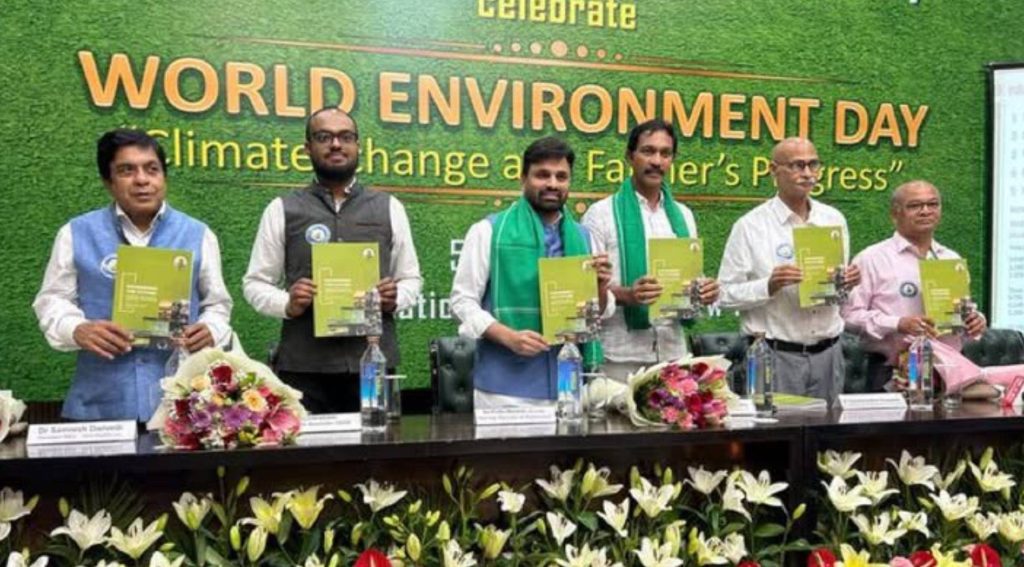India, one of the world’s largest agricultural producers, faces mounting pressure to balance food security needs with climate change mitigation as extreme weather events become more frequent.
A prominent farmers’ body has issued a pressing call for increased investment in the agricultural sector to combat the escalating challenges posed by climate change.
The Federation of All India Farmer Associations, or FAIFA, highlighted the urgent need for enhanced climate finance to support farmers in adopting climate-resilient and sustainable farming practices.
Climate change is severely impacting agriculture globally, with Indian farmers particularly vulnerable to its erratic effects. Shifting weather patterns, prolonged droughts, intense floods, and rising temperatures are leading to decreased crop yields, increased pest and disease outbreaks, and soil degradation. These impacts directly threaten food security and the livelihoods of millions of farmers.
Climate-resilient agriculture encompasses a range of sustainable farming practices designed to help farmers adapt to and mitigate the effects of climate change. These include:
Diversification of crops: Growing a variety of crops to reduce the risk of complete crop failure and enhance soil health.
Efficient water management: Implementing techniques like drip irrigation and rainwater harvesting to conserve water.
Soil conservation: Practices such as no-till farming, cover cropping, and crop rotation to improve soil health and
prevent erosion.
Agroforestry: Integrating trees into farming systems to provide shade, improve soil, and boost biodiversity.
Climate-smart seeds: Utilizing crop varieties resistant to drought, heat, and pests.
“Soil degradation, rising input costs, and falling water tables are putting significant pressure on farm productivity and incomes. We must transition from a ‘grow more’ approach to a ‘grow better’ mindset,” said Murali Babu, General Secretary, FAIFA.
While acknowledging existing government schemes such as the crop insurance program Pradhan Mantri Fasal Bima Yojana and micro-irrigation initiatives, FAIFA identified implementation gaps, including high initial costs, fragmented infrastructure, and low farmer awareness.
The organization recommended increased public investment in research and development for climate-resilient seed varieties, expanded farmer training programs, and promotion of precision agriculture tools.
FAIFA also called for targeted subsidies for renewable energy, micro-irrigation, and organic inputs while advocating for mainstream adoption of conservation agriculture and integrated farming systems.
The report emphasized the need for collaboration between policymakers, research institutions, and private stakeholders to scale climate-smart agriculture practices across India’s diverse agricultural landscape.













